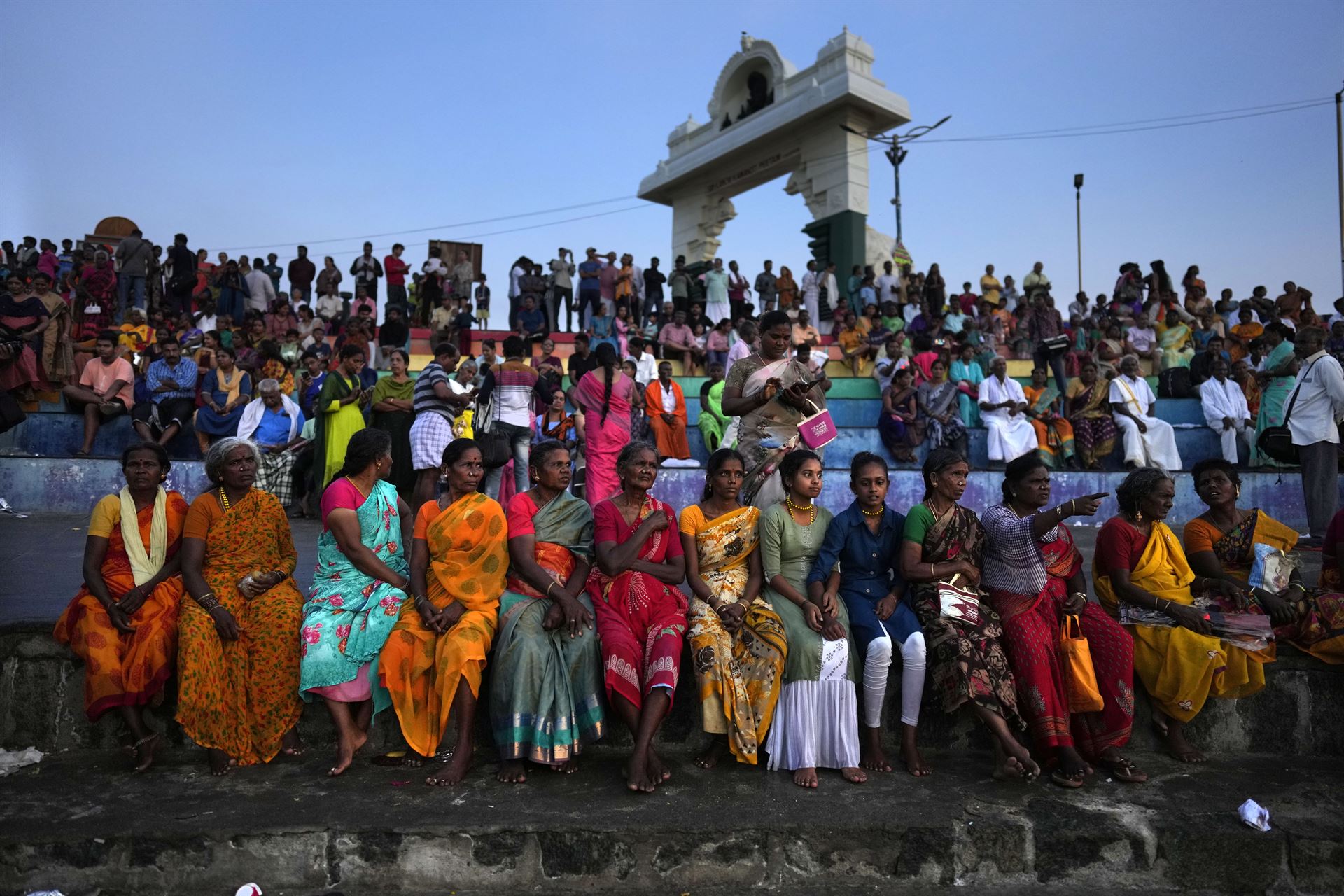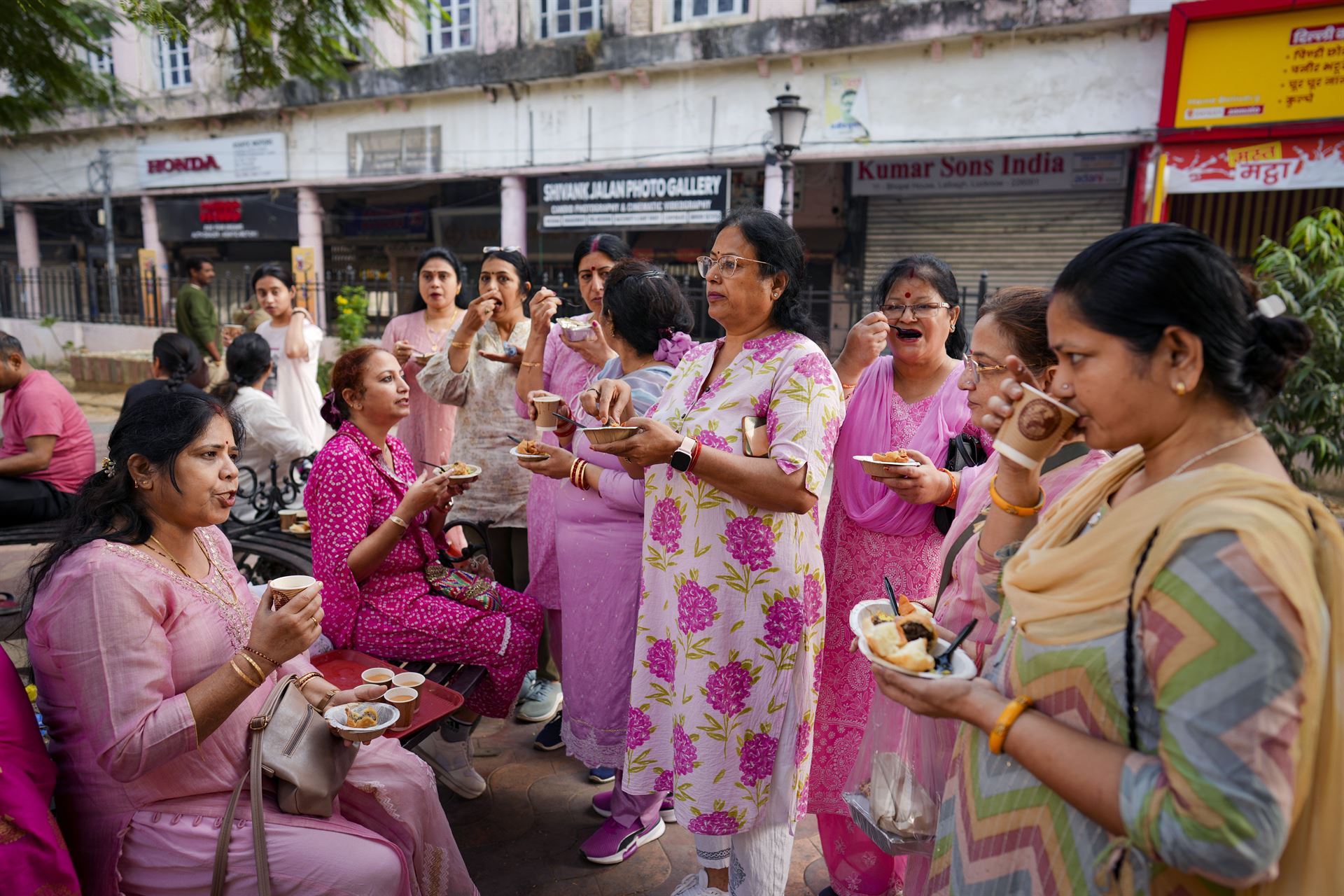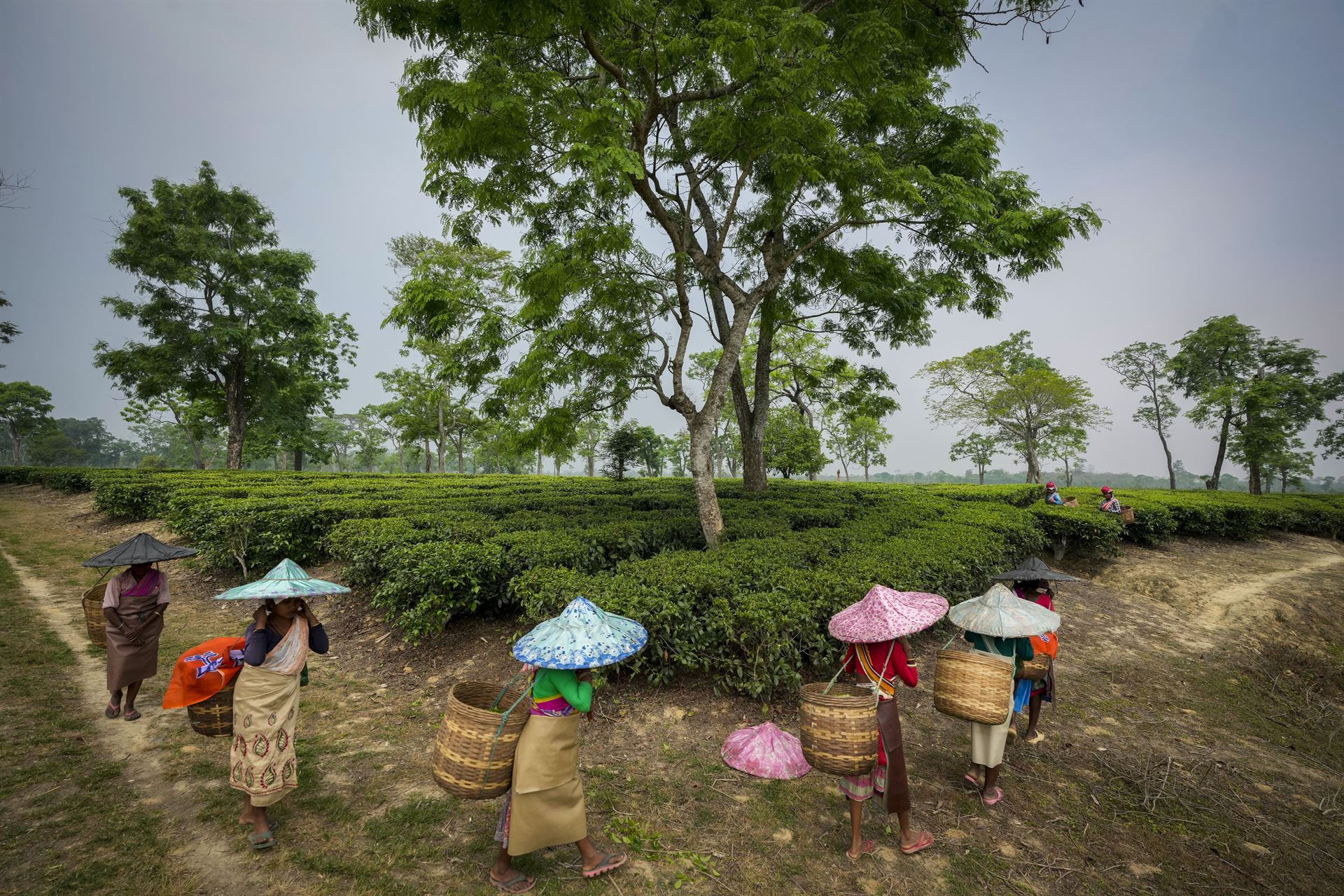
NEW DELHI - Indian political parties are increasingly targeting women voters with fiscally draining handouts of cash around the time of elections to counter wider worries about inflation and the lack of jobs, analysts say.
A greater turnout of women voters in the past decade has reversed a trend of men easily outnumbering women. Political parties have competed to attract them, even as inflation hit a 14-month peak in October and unemployment stays high, at 8.9 percent.
Regional governments run by both Prime Minister Narendra Modi's party and the opposition are offering or planning such efforts to lure about a fifth of India's estimated 670 million women, the economic research division of Axis Bank says.
READ MORE: In Modi's Delhi, Indian Muslims segregate to seek security
"This is a substantial burden on the exchequer," its chief economist, Neelkanth Mishra, said in a report. "Where is the funding coming from? Some from higher deficits."
Budgeted deficits for the current fiscal year for nearly all Indian states unveiling handouts for women were higher than five years ago, with many cutting capital expenditure to fund the populist measures.

Axis estimates the handout programs by more than a third of India's 36 states or federal territories amount to an annual spend of 2 trillion rupees ($23.70 billion), or 0.6 percent of GDP.
Many announcements of such handouts have come around the time of national or local elections over the past year.
For example, the poor opposition-ruled eastern state of Jharkhand, which was voting on Wednesday in the first of two phases, more than doubled its monthly payout for 5 million women last month to 2,500 rupees ($30), after Modi's Bharatiya Janata Party (BJP) promised 2,100 rupees.
READ MORE: Before Kolkata doctor rape, an unmet promise to keep physicians safe
India's main opposition Congress party, part of the alliance ruling the state, said political parties often benefit from promises ahead of elections, even if they do not always deliver.
"Women or people coming from economically backward sections are seen as a soft target by political parties," said its spokesperson, Udit Raj.
Voting in local elections next week is the richest state of Maharashtra in western India, ruled by a BJP alliance that has been giving 1,500 rupees to women from low-income families since August, but the opposition has promised to double that figure.

BJP spokesperson Shazia Ilmi said the party has focused on women's welfare under Modi, through efforts such as provision of subsidized cooking gas and building toilets for them.
"The opposition making announcements on handouts is nothing but an attempt to replicate what the BJP has done for the women of this country," she said.
Fiscal slippage in the states could ultimately reflect in the national budget, brokerage Elara Securities has warned.
But there are also positive effects from putting more cash in the hands of women in a traditionally patriarchal society.
READ MORE: Economy booms but India's young hanker for government jobs
"The categories seeing stronger incremental demand may be food, conveyance, durable goods and health," Mishra said. "For the targeted population, these schemes boost incomes by 5 percent to 40 percent."
While payouts, including those for women, partly helped the BJP unexpectedly retain power in the northern state of Haryana recently, political analysts expect it to struggle to keep Maharashtra.
Results for the two upcoming elections are expected on Nov 23.
After his BJP lost its parliamentary majority in general elections from April to June, Modi has relied on smaller allies to stay in power for a third straight term.



